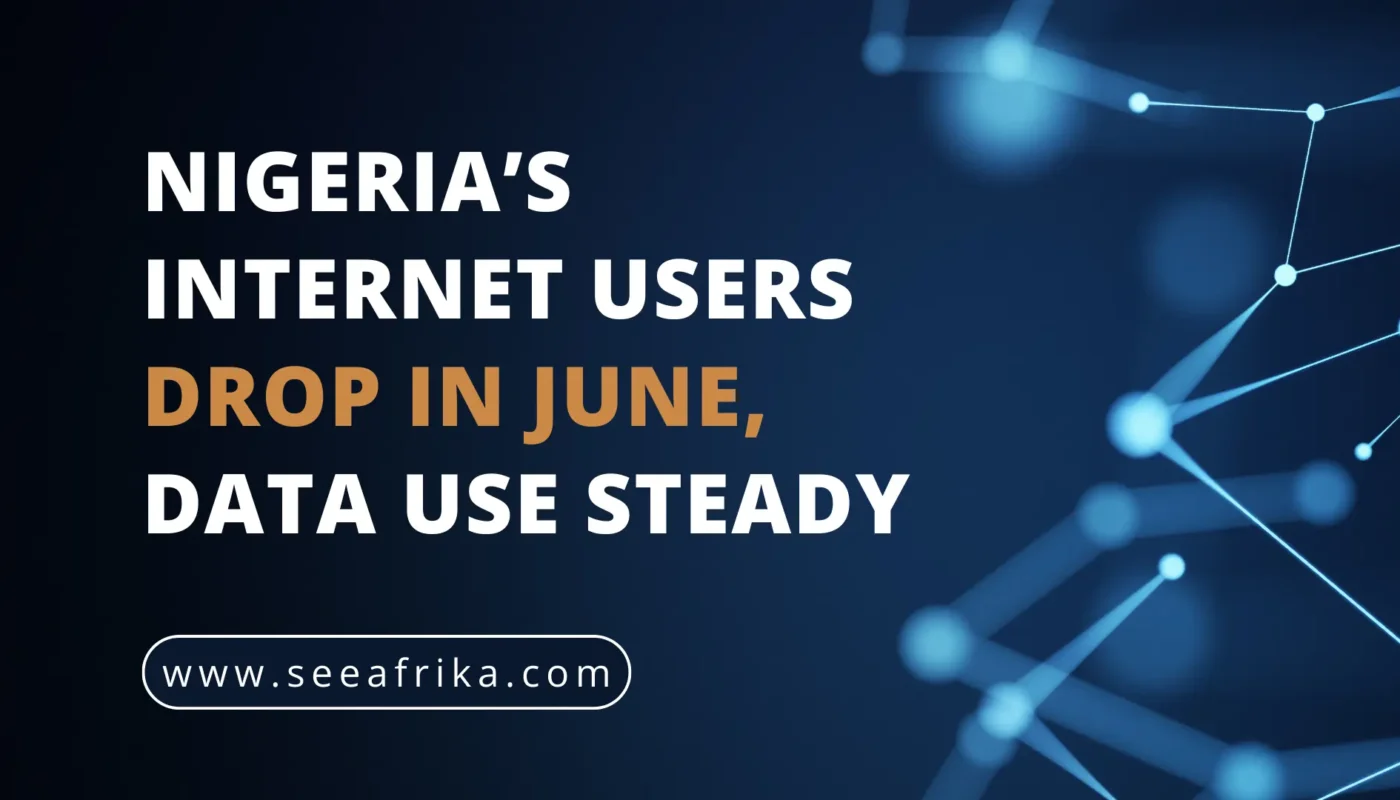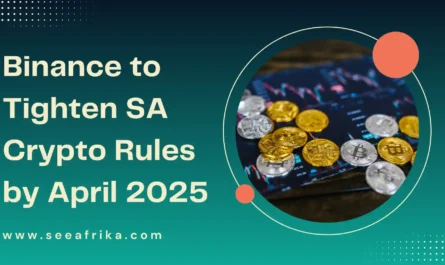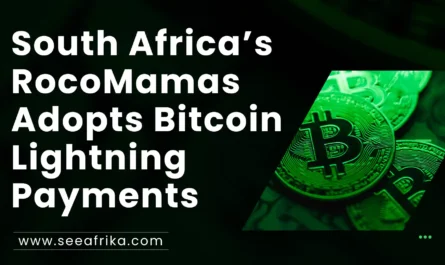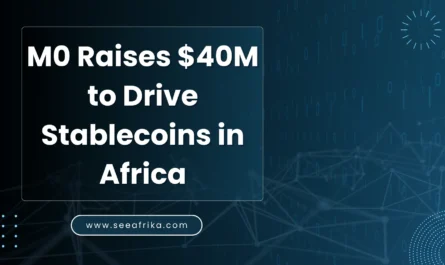Nigeria’s internet users experienced a decline in June 2025, continuing a worrying trend despite steady data consumption. The country’s telecommunications scene is marked by a complex dynamic of decreasing active mobile subscriptions amid rising data usage per user.
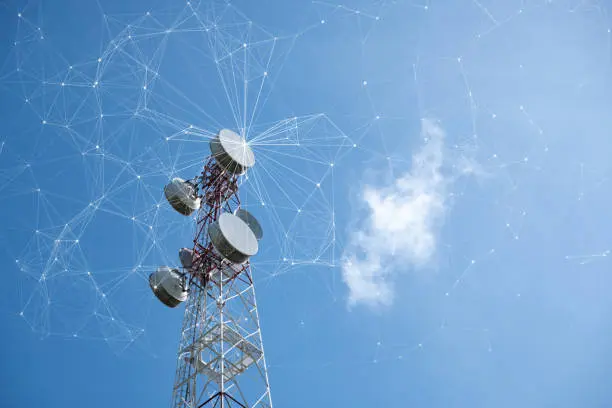
The Shrinking Pool of Nigeria’s Internet Users
Statistics from the Nigerian Communications Commission (NCC) revealed that Nigeria’s internet subscriptions fell from 141.6 million in January to 140.6 million by June 2025. This represents a loss of over one million internet users in just six months. The mobile sector, which delivers the majority of Nigeria’s internet services, bore the brunt of this decline. This drop aligns with the overarching economic pressures, soaring data tariffs, and increasing smartphone costs that are pricing many Nigerians out of internet access.
Mobile broadband subscriptions also slightly dipped. From a high of 105.8 million in May, active broadband users fell marginally to 105.7 million in June. This slip is magnified when considering Nigeria’s ambitious goal of 70% broadband penetration by the end of 2025 — a target now appearing increasingly elusive.
Also read: How Nigeria’s Web3 Boom Earned It 4% of Global Blockchain Devs
Active Mobile Subscriptions Dip Amid Regulatory Hurdles
Active mobile subscriptions also saw a decrease in June 2025. Numbers dropped from 172.67 million in May to 171.73 million in June. The decline, although seemingly small, signals distress in subscriber growth.
Several factors contributed to this dip. Regulatory enforcement around the National Identification Number (NIN) linkage and a temporary suspension of SIM registrations for a new authentication system impeded new subscriber onboarding. This policy disruption froze new mobile subscription and by extension, internet subscription growth.
Mobile Network Operators (MNOs) responded differently to these challenges. 9Mobile experienced the steepest decline, shedding over 377,000 internet users in June alone. Airtel lost nearly 214,000 subscribers, whereas Globacom’s numbers remained relatively stable. MTN Nigeria, by contrast, bucked the trend and added more than 257,000 internet subscribers in the same period, maintaining its dominant market position.
Data Use Among Nigeria’s Internet Users Remains Steady
Despite the decline in user numbers, data consumption has continued to climb impressively. Internet users consumed a staggering 1,044,073 terabytes of data in June 2025, representing a remarkable 30.74% year-over-year increase. This shows that although fewer individuals are connected, those who remain online are using significantly more data.
This surge is largely attributed to the increasing popularity of data-intensive activities, including video streaming, gaming, social media engagement, online education, and remote work. Existing subscribers are compensating for the drop in new users by consuming larger volumes of data.
Related news: Airtel Africa Foundation Unveils ‘Tech For Her’ To Empower Women
9Mobile Rebrands as T2 Amid Industry Turbulence
In a significant industry development, 9Mobile, one of Nigeria’s major telecom operators, underwent a rebranding to become T2. This move comes against the backdrop of steady subscriber losses and intense competition from larger players, such as MTN and Airtel.
The rebranding aims to reinvigorate the company’s market presence and offer fresh service innovations to attract and retain subscribers. However, the new identity faces uphill challenges given the shrinking user base and rising competition. T2’s success in turning around subscriber numbers and increasing active internet users remains to be seen.
Also read: West Africa Rises As Global Hub for Virtual Assets – SEC
The Cost Barriers Restrict Nigeria’s Internet Growth
Underlying the trend of declining internet subscriptions is the escalating cost of smartphones and data tariffs. Entry-level smartphones, which once cost between ₦120,000 and ₦180,000 at the year’s start, now retail for ₦200,000 to ₦220,000. Mid and high-end devices have also surged in price, limiting the ability of millions of Nigerians to afford internet-capable devices.
Additionally, a 50% hike in data tariffs imposed by telecom companies back in March has led many users to ration their data or abandon internet access altogether. Although MNOs enjoy increased revenue from data, the number of new internet users joining the digital ecosystem has slowed significantly.
Related: Airtel Uganda expands 4G to Kassanda, enhancing coverage
Implications for Nigeria’s Digital Future
The drop in Nigeria’s internet users, despite stable data consumption, highlights a growing inequality in digital access. Wealthier, more urban users are consuming more internet data, while many low-income and rural Nigerians are being priced out of the online world.
If this trend continues, Nigeria risks widening its digital divide, undermining efforts to achieve a fully inclusive digital economy. The government and telecom operators must collaborate more effectively to make internet access affordable for all Nigerians, striking a balance between tariff reforms and initiatives to lower smartphone costs.
In conclusion, Nigeria’s internet users are dropping in number, but data consumption is steady and climbing among active subscribers. The telecom market faces structural challenges, including declining active mobile subscriptions, regulatory bottlenecks, and economic pressures on affordability. Telecom players like MTN maintain strong growth, while 9Mobile’s rebranding to T2 signals an attempt to revive its fortunes amid a shrinking user base. To secure Nigeria’s digital future, stakeholders must address these affordability and access challenges urgently.
Also read: Africa Made Up 6.7% of Global Stablecoin GDP in 2024 – IMF

